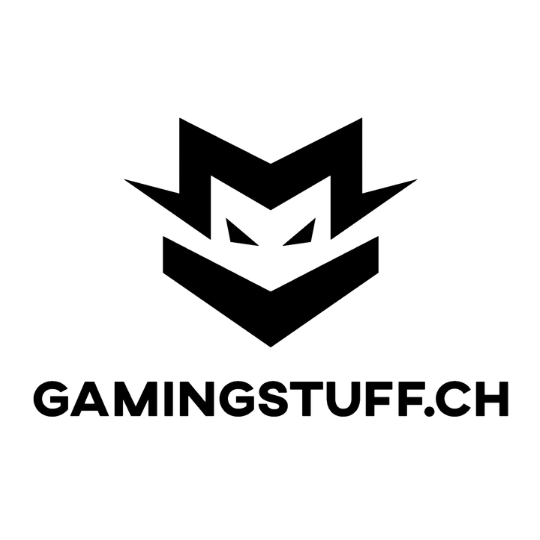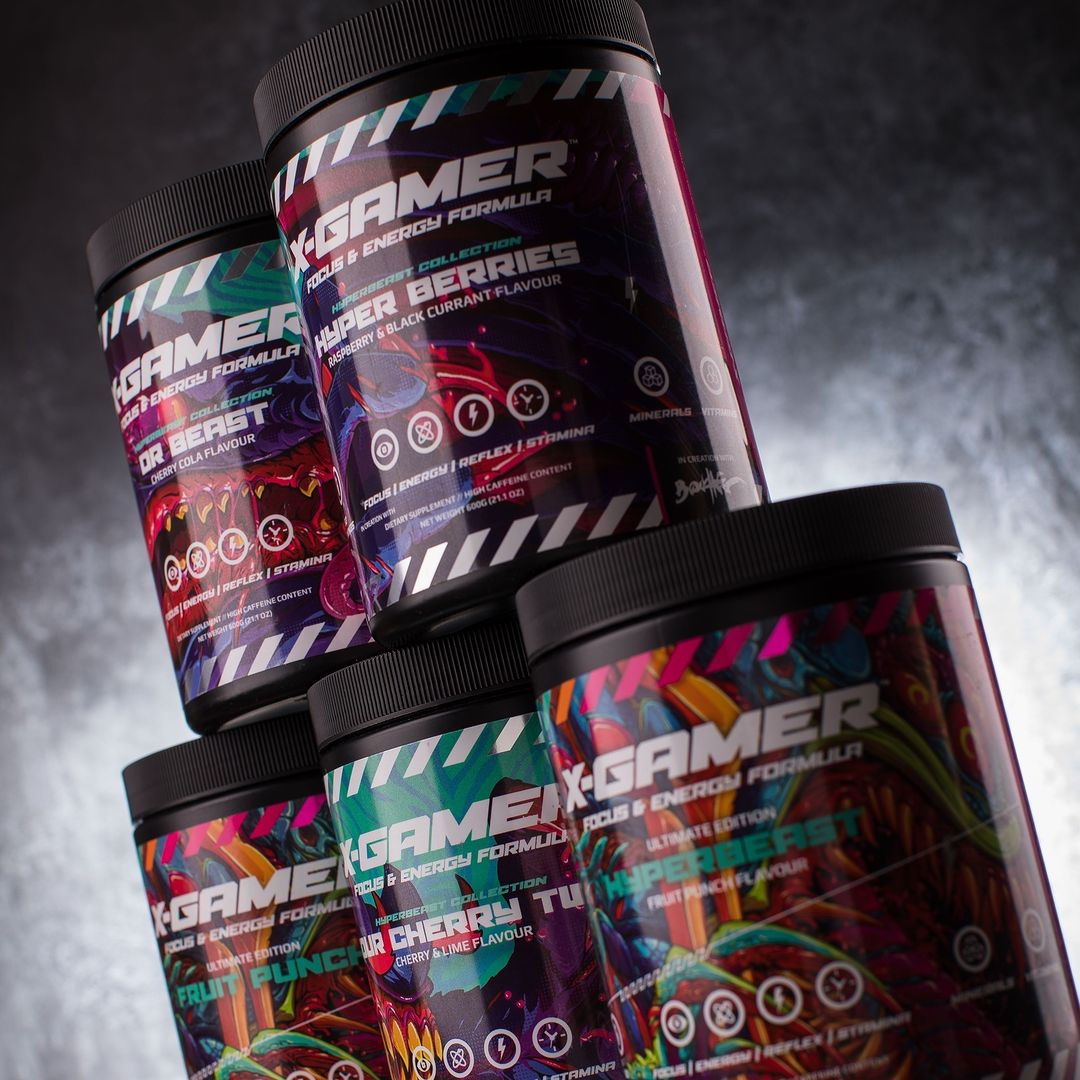Viele Menschen unterschätzen den Aufwand, der hinter der Ausbildung eines erfolgreichen E-Sportlers steckt. Oft wird die Vorstellung von einem Gamer, der stundenlang vor dem Bildschirm sitzt und einfach spielt, als veraltet angesehen. Doch der Profibereich im E-Sport verlangt mehr als nur gutes Spielen.
E-Sport-Spieler verbringen oft 8 bis 12 Stunden täglich mit Training, das nicht nur die Fähigkeiten im Spiel selbst, sondern auch ihre mentale und physische Ausdauer fördert. Es gibt eine klare Parallele zwischen professionellen E-Sportlern und traditionellen Athleten: Beide müssen auf körperliche Fitness, mentale Stärke und technische Perfektion hinarbeiten.
1. Der Alltag eines E-Sport-Profis
Die Routine eines E-Sport-Profis ist genau durchgetaktet. Ein typischer Tag könnte folgendermaßen aussehen:
-
Morgenroutine (8:00 Uhr - 10:00 Uhr): Viele Profis beginnen ihren Tag mit einer strukturierten Morgenroutine. Dies kann leichtes körperliches Training, Meditation oder mentales Coaching beinhalten, um den Geist zu klären und sich auf die Herausforderungen des Tages vorzubereiten. Mentale Stärke ist ein kritischer Aspekt im E-Sport, da die Spiele stundenlange Konzentration und schnelle Reaktionszeiten erfordern.
-
Teamtraining (10:00 Uhr - 13:00 Uhr): Die meiste Zeit des Tages verbringen Profis mit ihrem Team in „Scrims“ (Scrimmages). Das sind Übungsspiele gegen andere professionelle Teams oder gegen interne Sparringspartner. Diese Trainingseinheiten sind hochintensiv und sollen die Kommunikation und Koordination im Team verbessern. Hier werden Strategien erarbeitet und verfeinert, um sie bei den kommenden Turnieren optimal anzuwenden.
-
Mittagspause (13:00 Uhr - 14:00 Uhr): Auch E-Sport-Profis müssen auf eine ausgewogene Ernährung achten. Eine gesunde Mahlzeit in der Mittagspause ist entscheidend, um Energie und Konzentration aufrechtzuerhalten.
-
Einzeltraining (14:00 Uhr - 17:00 Uhr): Nach dem Teamtraining folgt das individuelle Training. Hier liegt der Fokus auf der Verbesserung persönlicher Fähigkeiten, wie dem „Microplay“ (d.h. der Perfektionierung kleiner, spielentscheidender Manöver). Dazu gehören Techniken wie „Last-Hitting“ in League of Legends oder das Trainieren von Reflexen und „Aim“ in Spielen wie Counter-Strike: Global Offensive.
-
Abendliches Teammeeting (17:00 Uhr - 19:00 Uhr): Viele Teams nutzen den späten Nachmittag oder Abend für Nachbesprechungen. Hier werden die Scrims analysiert, Fehler besprochen und Verbesserungsmöglichkeiten diskutiert. Videomaterial der Trainingsspiele oder vergangener Turniere wird angeschaut, um Taktiken des Gegners zu studieren und Anpassungen vorzunehmen.
-
Abschluss des Tages (19:00 Uhr - 22:00 Uhr): Der Tag wird oft mit weiteren Scrims oder individuellen Ranglistenspielen abgeschlossen. Dabei können die Spieler ihre eigenen Fähigkeiten weiter verbessern und sich auf kommende Turniere vorbereiten.
2. Die Bedeutung der mentalen Stärke
Mentale Stärke ist im E-Sport von unschätzbarem Wert. Turniere können viele Stunden dauern und erfordern, dass die Spieler über einen langen Zeitraum fokussiert und reaktionsschnell bleiben. Ein kleines Missgeschick oder eine falsche Entscheidung kann das Spiel in Sekundenbruchteilen entscheiden.
E-Sport-Profis arbeiten oft mit Sportpsychologen zusammen, um ihren mentalen Zustand zu optimieren. Dabei kommen verschiedene Techniken zum Einsatz:
-
Visualisierung: Viele Spieler nutzen Visualisierungstechniken, um mentale Szenarien durchzuspielen und auf verschiedene Spielsituationen vorbereitet zu sein.
-
Meditation: Meditation hilft den Spielern, ihren Geist zu beruhigen und ihre Konzentration zu stärken. Eine fokussierte und ruhige Einstellung hilft, in Stresssituationen bessere Entscheidungen zu treffen.
-
Atemtechniken: Tiefe Atemübungen sind eine beliebte Methode, um während eines Spiels ruhig zu bleiben. Wenn der Puls steigt und der Druck zunimmt, können Atemtechniken helfen, die Nerven zu beruhigen und klarer zu denken.
3. Physische Fitness im E-Sport
Auch wenn der E-Sport in erster Linie als sitzende Tätigkeit wahrgenommen wird, spielt körperliche Fitness eine immer größere Rolle. Langes Sitzen und der intensive Gebrauch von Maus und Tastatur können zu gesundheitlichen Problemen führen, weshalb viele Profis ein gezieltes Fitnessprogramm in ihre Routine einbauen.
-
Ergonomie: Ein gut ausgestatteter Arbeitsplatz ist für die Gesundheit eines E-Sportlers entscheidend. Ergonomische Stühle, richtige Sitzhaltung und regelmäßige Pausen zur Vermeidung von Verspannungen und Gelenkproblemen gehören zum Alltag.
-
Krafttraining und Stretching: Viele Spieler integrieren leichtes Krafttraining oder Stretching in ihre Routine, um ihre Körperhaltung zu verbessern und Verletzungen durch Überbeanspruchung der Handgelenke oder des Rückens vorzubeugen. Übungen zur Stärkung des Handgelenks sind besonders wichtig, um die Gefahr von Sehnenscheidenentzündungen zu minimieren.
-
Cardiotraining: Regelmäßiges Cardiotraining, wie Joggen oder Radfahren, hilft den Spielern, ihre Ausdauer zu verbessern. Ein fitter Körper unterstützt auch die kognitive Leistungsfähigkeit, was wiederum die Konzentration und die Reflexe im Spiel verbessern kann.
4. Technische Perfektion und Analyse
Technik ist der Schlüssel im E-Sport. Es geht nicht nur darum, ein Spiel zu spielen, sondern darum, es auf einem Niveau zu meistern, das den Unterschied zwischen Sieg und Niederlage ausmacht. E-Sport-Profis arbeiten intensiv daran, ihre Technik zu perfektionieren. Dies geschieht durch:
-
Aim-Training: In Shootern wie Counter-Strike oder Valorant verbringen Spieler viele Stunden mit speziellen Aim-Trainingsprogrammen. Diese Programme helfen, ihre Zielgenauigkeit und Reaktionszeit zu verbessern. Ein winziger Unterschied im Aim kann oft den Verlauf eines Matches entscheiden.
-
Mechaniken und Taktik: Bei Strategiespielen wie Starcraft oder Dota 2 ist es entscheidend, sowohl die Spielmechanik perfekt zu beherrschen als auch komplexe Strategien zu entwickeln. Hier verbringen die Spieler Zeit damit, neue Builds oder Spielweisen zu testen und diese gegen hochklassige Gegner zu optimieren.
-
Replay-Analyse: Ein wichtiger Aspekt des E-Sport-Trainings ist die Analyse vergangener Spiele. Spieler und Coaches verwenden oft stundenlang Videomaterial, um Fehler zu identifizieren und Verbesserungsmöglichkeiten zu finden. Hierbei wird besonders auf Timing, Positionierung und Entscheidungsfindung geachtet.
5. Der Weg zum Erfolg: Disziplin und Leidenschaft
Was alle E-Sport-Profis eint, ist ihre Leidenschaft für das Spiel und ihre Disziplin, immer besser zu werden. Disziplin bedeutet, sich täglich der Herausforderung zu stellen, sich selbst zu verbessern und die notwendigen Opfer zu bringen, um an die Spitze zu gelangen. E-Sportler müssen sich ständig weiterentwickeln, neue Meta-Strategien verstehen und ihre Technik verfeinern, um im hart umkämpften Umfeld zu bestehen.
Fazit
Der Alltag eines E-Sport-Profis ist weit entfernt vom Klischee des lässigen Gamers. Es ist ein intensiver und strukturierter Lebensstil, der eine Kombination aus mentaler und physischer Fitness, technischem Können und einem tiefen Verständnis des Spiels erfordert. Disziplin und Leidenschaft treiben die Spieler an, stundenlang zu trainieren, um an Turnieren teilzunehmen, die nicht nur ihr Können, sondern auch ihre mentale Stärke auf die Probe stellen. Die Welt des E-Sports ist anspruchsvoll, aber für diejenigen, die bereit sind, sich voll und ganz darauf einzulassen, bietet sie eine lohnende und aufregende Karriere.


Leave a comment
All comments are moderated before being published.
This site is protected by hCaptcha and the hCaptcha Privacy Policy and Terms of Service apply.